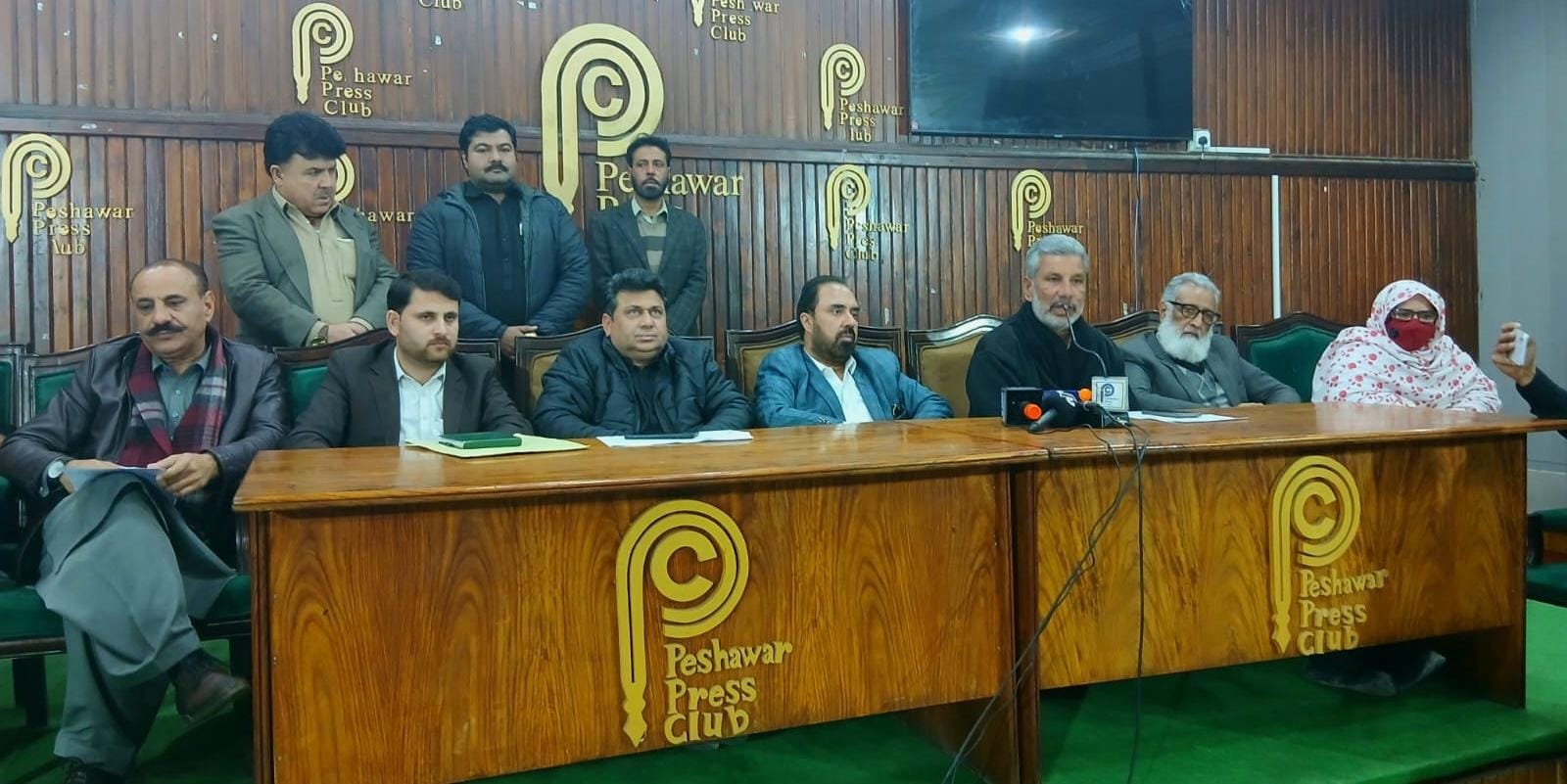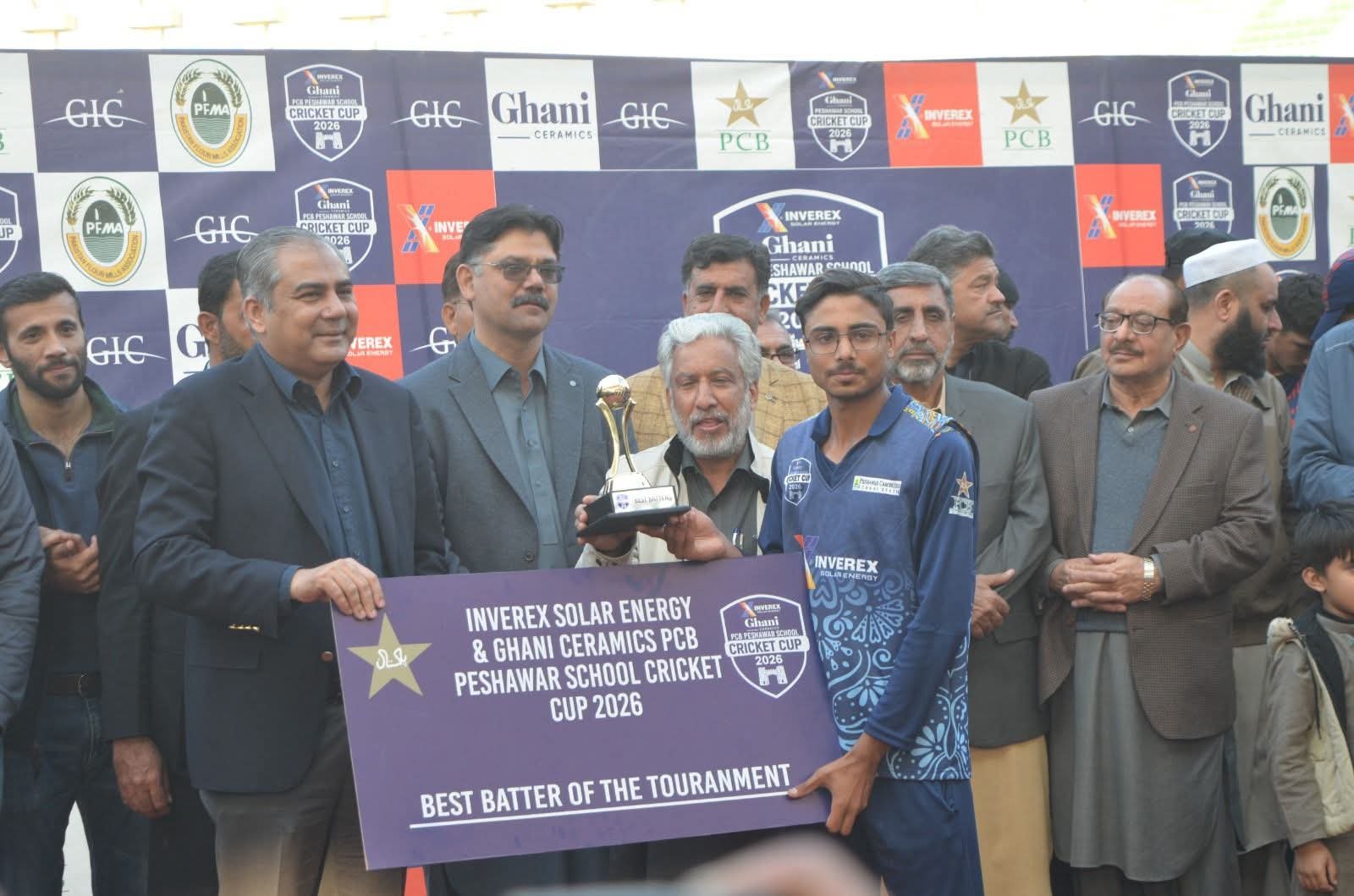ISLAMABAD: The Supreme Court on Tuesday summoned the Attorney General in a contempt of court case related to failure to schedule a court case. The hearing was conducted by a two-judge bench headed by Justice Mansoor Ali Shah and Justice Aqeel Abbasi. The secretary of the Supreme Court appeared before the court. The court asked the recorder at the start of the proceedings why the matter had not been ordered despite clear court orders. The secretary replied that the case was intended for the Constitutional Court, but was mistakenly assigned to the regular panel. Justice Aqeel Abbasi observed: “If it was a mistake, it must have been going on for some time. How is it being implemented now?” He added: “The only mistake could have been my inclusion on this bench because I had already tried this case in the High Court. I am not sure whether my inclusion was a mistake or something else.” Justice Mansoor Ali Shah asked how the Practice and Procedures Committee convened a meeting on the matter and asked whether the committee initiated the meeting on its own or on request. The registrar replied that a note had been sent to the committee prompting Justice Mansoor to ask why the note was written when the court order had already been issued. He asked to see the report sent to the committee. Upon reviewing the note, the court found contradictions with the recorder’s earlier opinion. Justice Mansoor observed, “This note does not mention any admission of error. Instead, it refers to the order issued on January 16 suggesting the creation of a new bench based on that order. However, our order had already specified which bench was to be heard.” case.” The Secretary specified that the Committee on Practice and Management referred the case to the Constitutional Senate, which subsequently scheduled cases related to constitutional amendments for January 27. He added that the committee reviewed which cases could be assigned to specific panels. Justice Mansoor Ali Shah said: “You may have missed this case, but once it came to the dock, the committee’s role should have ended. If the committees start withdrawing pending cases, it undermines the independence of the judiciary. This raises concerns of interference especially when it appears that the cases potentially unfavorable to the government are reassigned or postponed. If the case came to us, it must have been part of Allah’s plan.” Justice Aqeel Abbasi added: “At least the hearing of this case led to the scheduling of a constitutional amendment case. There was considerable outrage earlier that a constitutional amendment case was not scheduled. Why was this tax-related case postponed? Was there any constitutional amendment to be reviewed in this matter?” Justice Mansoor further commented where did the Practice and Procedures Committee get its power to withdraw cases? The secretary replied that if the committee could schedule cases, it could also withdraw them. Justice Mansoor countered: “We will determine whether he has jurisdiction or not. I was invited to the committee meeting but I informed them that I had already issued a court order and therefore my presence is not mandatory. How can an administrative order override a judicial one?” Justice Aqeel Abbasi remarked: “Why was this case so disturbed that it was completely removed?” The court emphasized that once the case went to trial, the committee’s role ended. Justice Mansoor questioned the rationale for reallocating cases midway through the proceedings, saying it raised doubts about interference with the independence of the judiciary. Subsequently, the court called on the chief public prosecutor to help and adjourned the proceedings.






 Today's E-Paper
Today's E-Paper